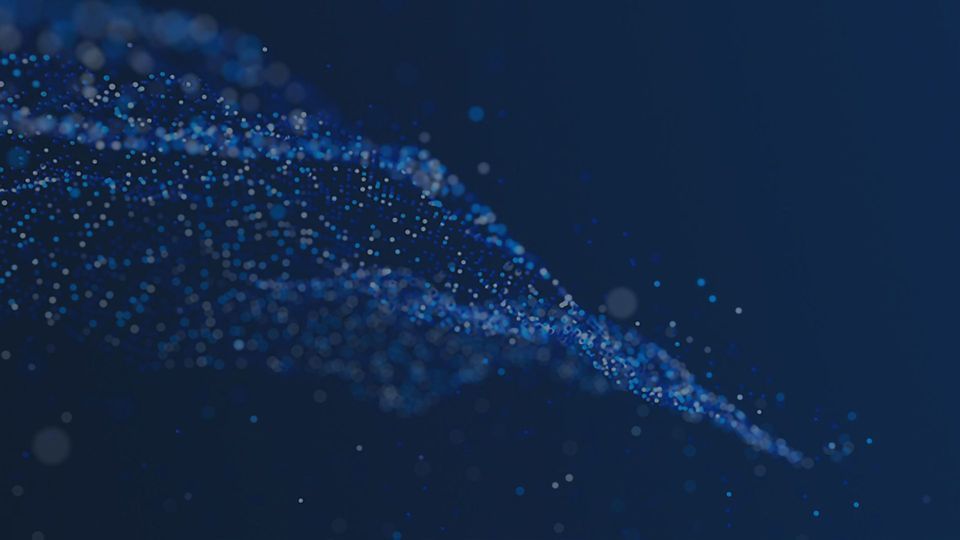Yamanaka, Gurdon to Accept Nobel Prize in Stockholm Ceremony

Complete the form below to unlock access to ALL audio articles.
Share Shinya Yamanaka, MD, PhD, and John Gurdon, PhD, are in Stockholm this week to receive the 2012 Nobel Prize in Physiology or Medicine for their discoveries with pluripotent stem cells.
Yamanaka - a senior investigator at the UCSF-affiliated Gladstone Institutes and a UCSF professor of anatomy, who also holds appointments at Kyoto University - earned the top honor in medicine for developing a way to reprogram mature cells to be more similar to embryonic stem cells.
He accomplished this - first with mouse cells and later with human cells - by adding just four genes, calling them induced pluripotent stem cells, or iPS cells.
Yamanaka’s discovery built on work done by Gurdon, of the Gurdon Institute at the University of Cambridge in the United Kingdom, more than 40 years earlier that showed in frogs that the genetic program of a mature cell could be “reset” to its embryonic state.
The Nobel Committee announced in October that the pair won the award "for the discovery that mature cells can be reprogrammed to become pluripotent."
The scientists have since been traveling around the world to discuss their work, and both came to UCSF’s Mission Bay campus attend the International Symposium on Cellular Reprogramming.
This week, Yamanaka and Gurdon are joining other laureates in delivering their Nobel Lectures in Stockholm ahead of the award ceremony.
Gurdon will speak Friday afternoon at Karolinska Institutet on “The egg and the nucleus: a battle for supremacy,” followed by Yamanaka’s lecture, “Induction of pluripotency by defined factors.”
The scientists will receive their Nobel diploma and medal at a grand ceremony on Monday, Dec. 10, at the Stockholm Concert Hall at 7:30 p.m. local time. For live updates on the week’s activities, read the Gladstone Institutes’ blog, “Live From Stockholm.”
Yamanaka is the fourth UCSF-affiliated scientist to win a Nobel Prize. Previous winners were Elizabeth H. Blackburn, PhD, in 2009; Stanley B. Prusiner, MD, in 1997; and J. Michael Bishop, MD, and Harold E. Varmus, MD, in 1989.

